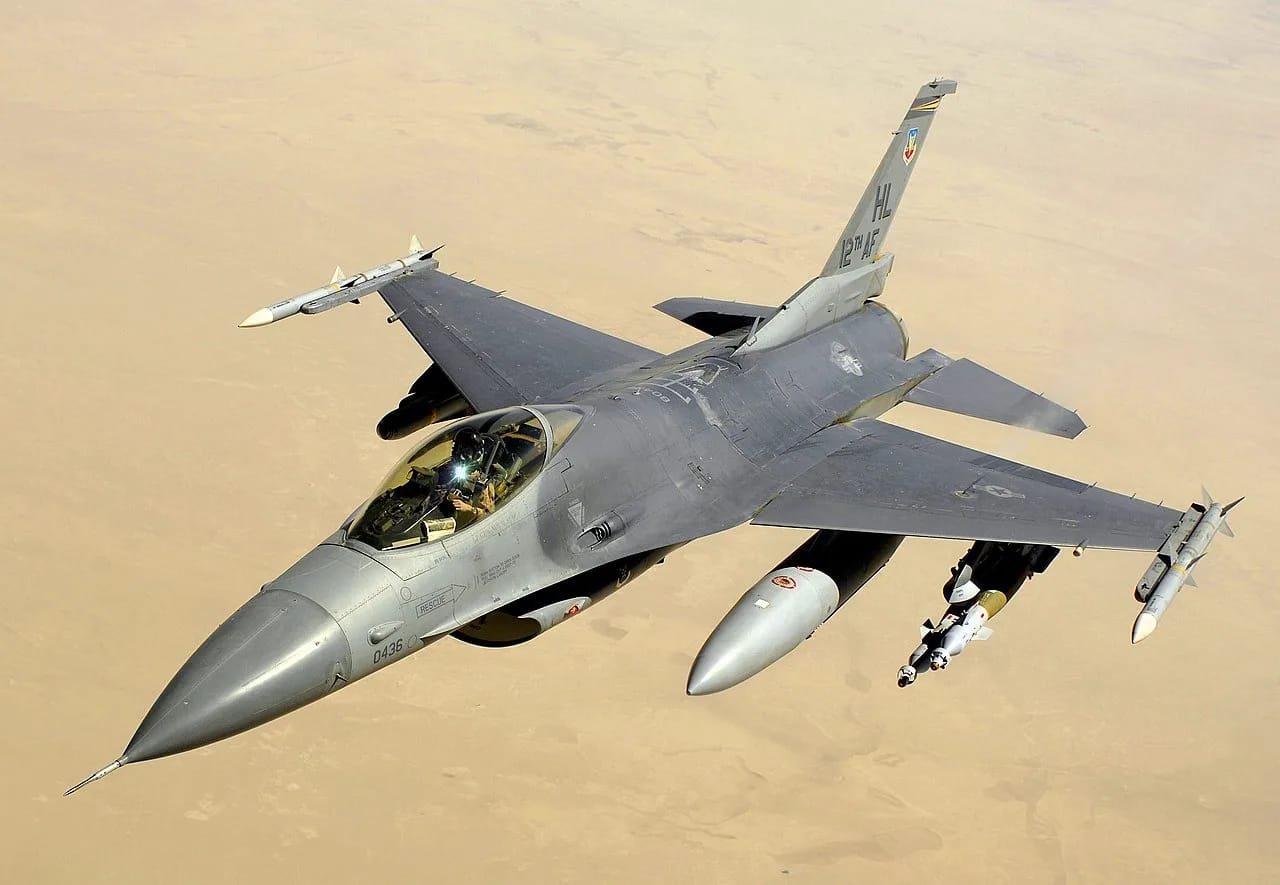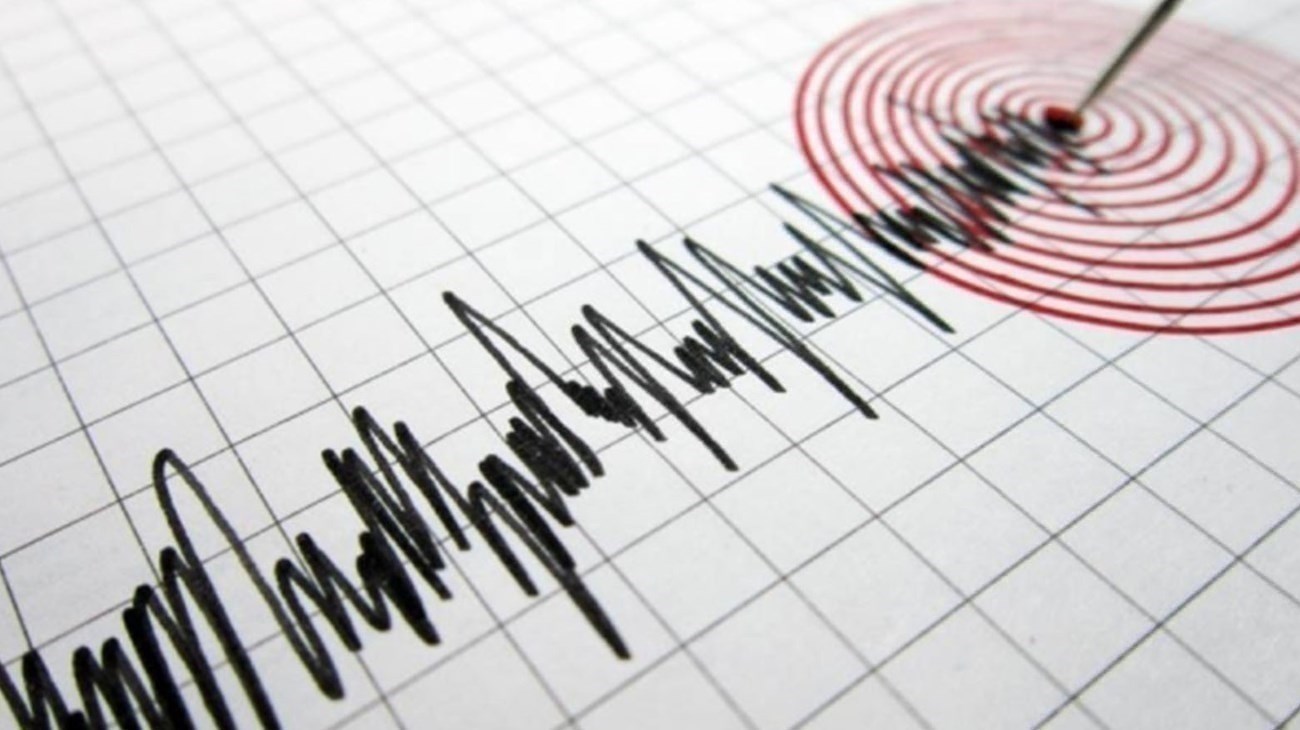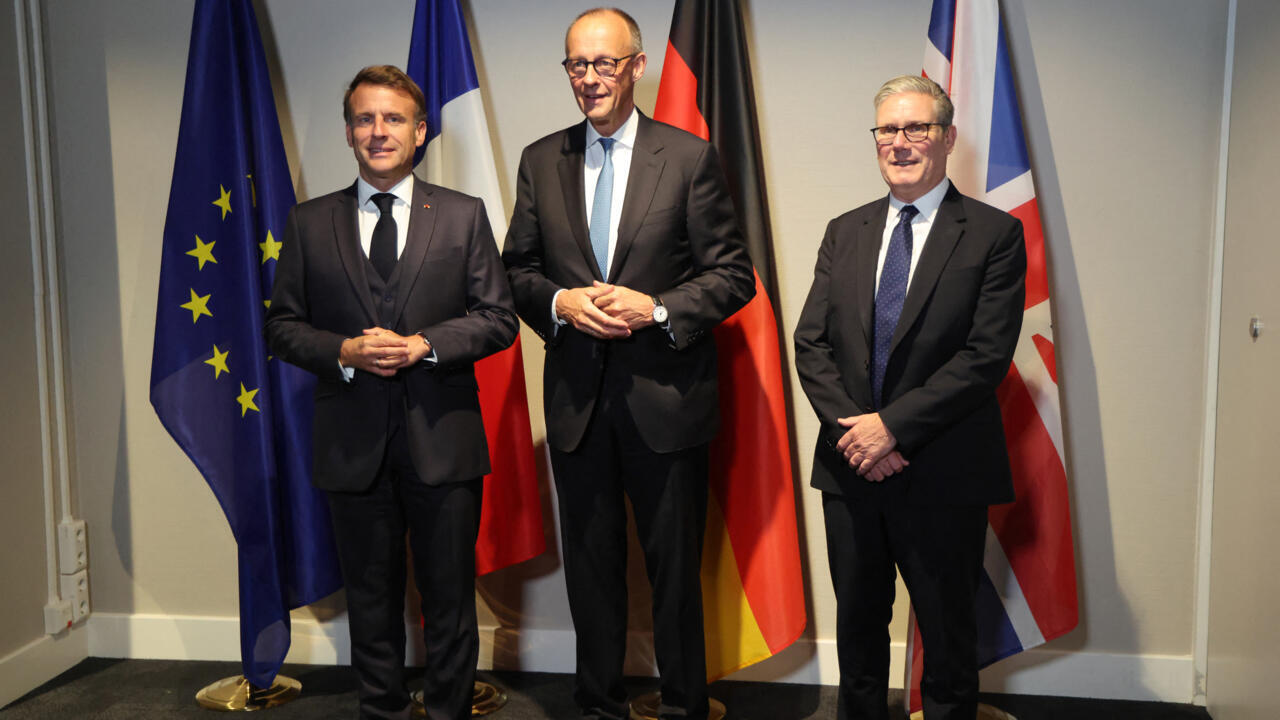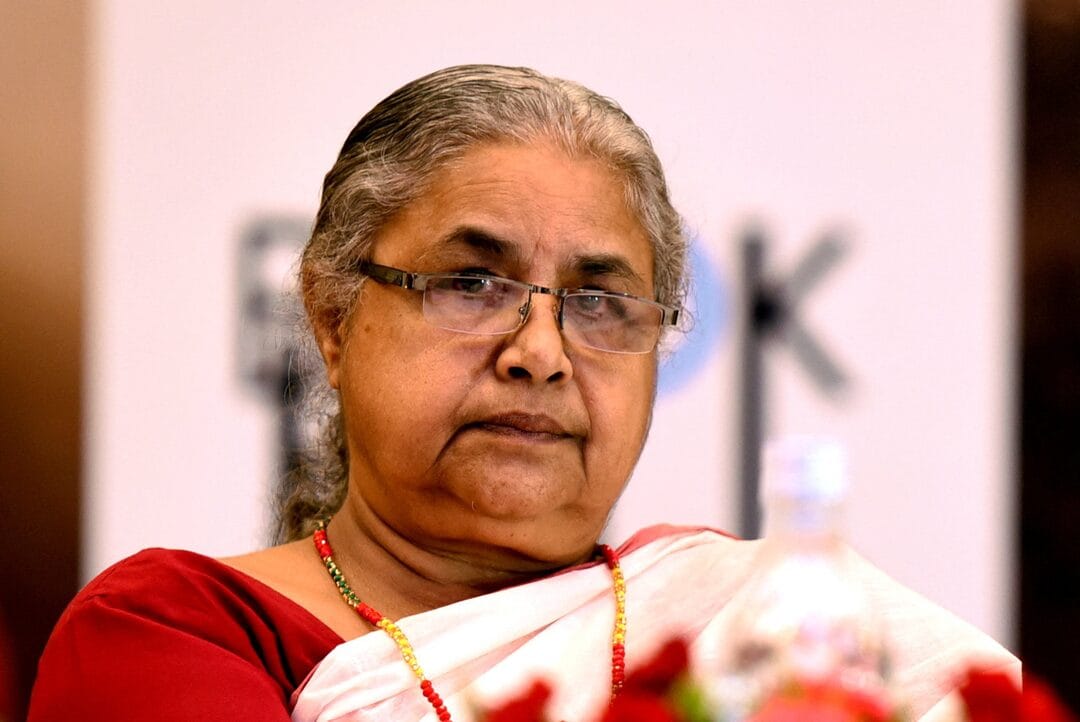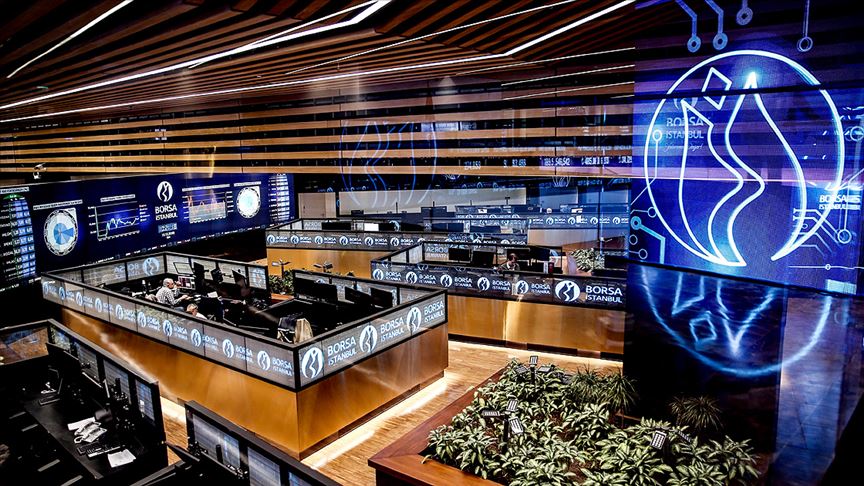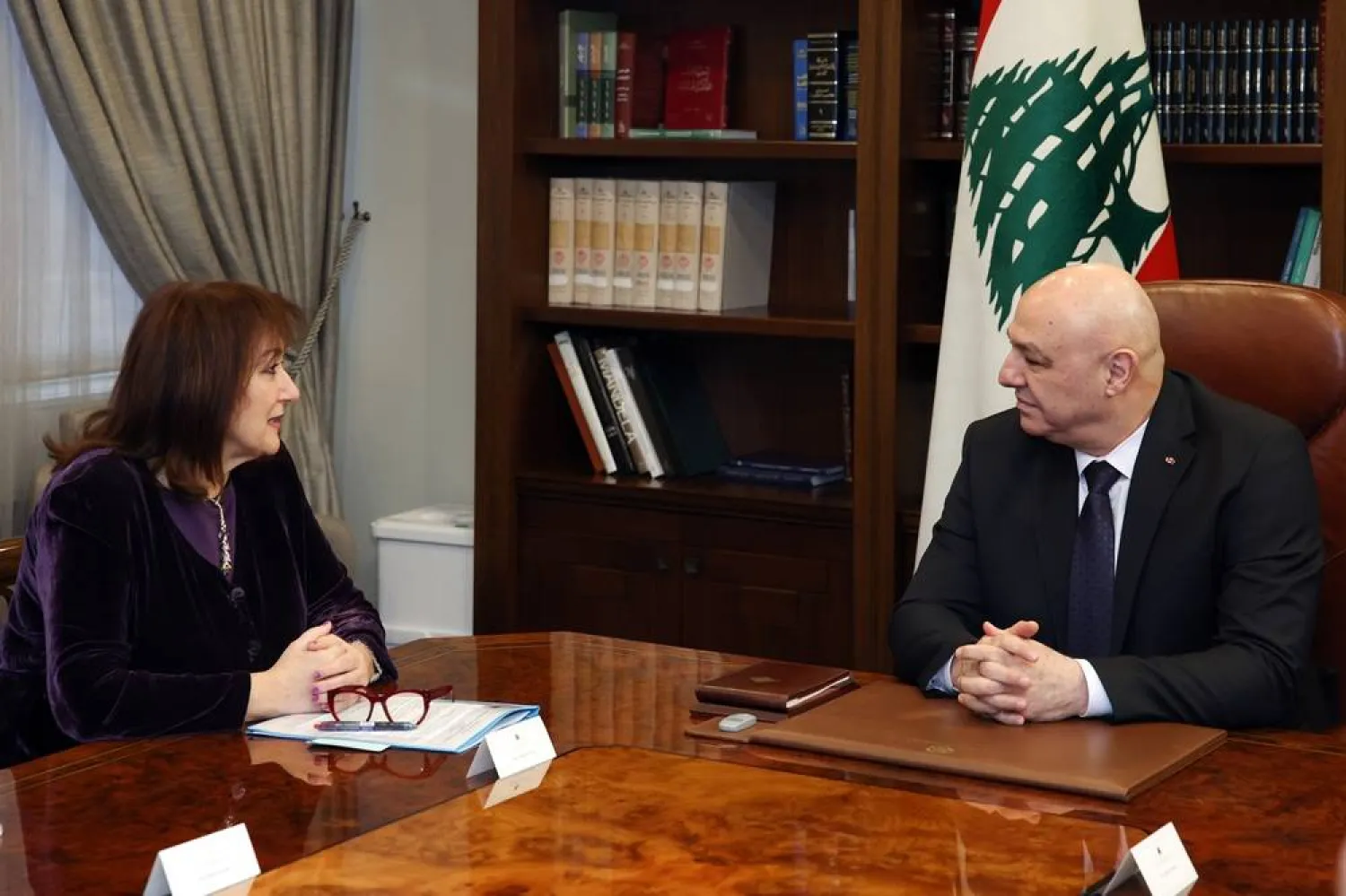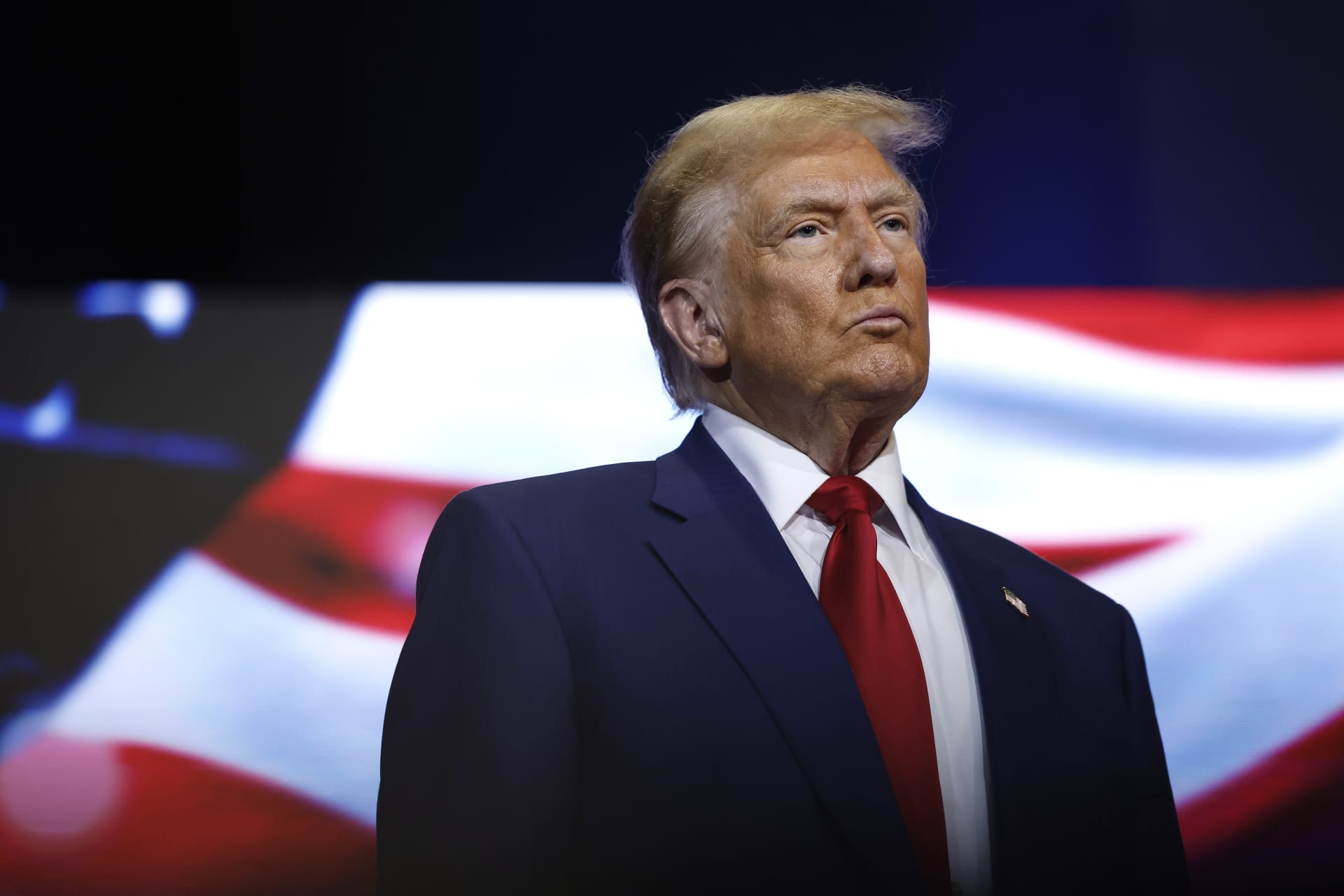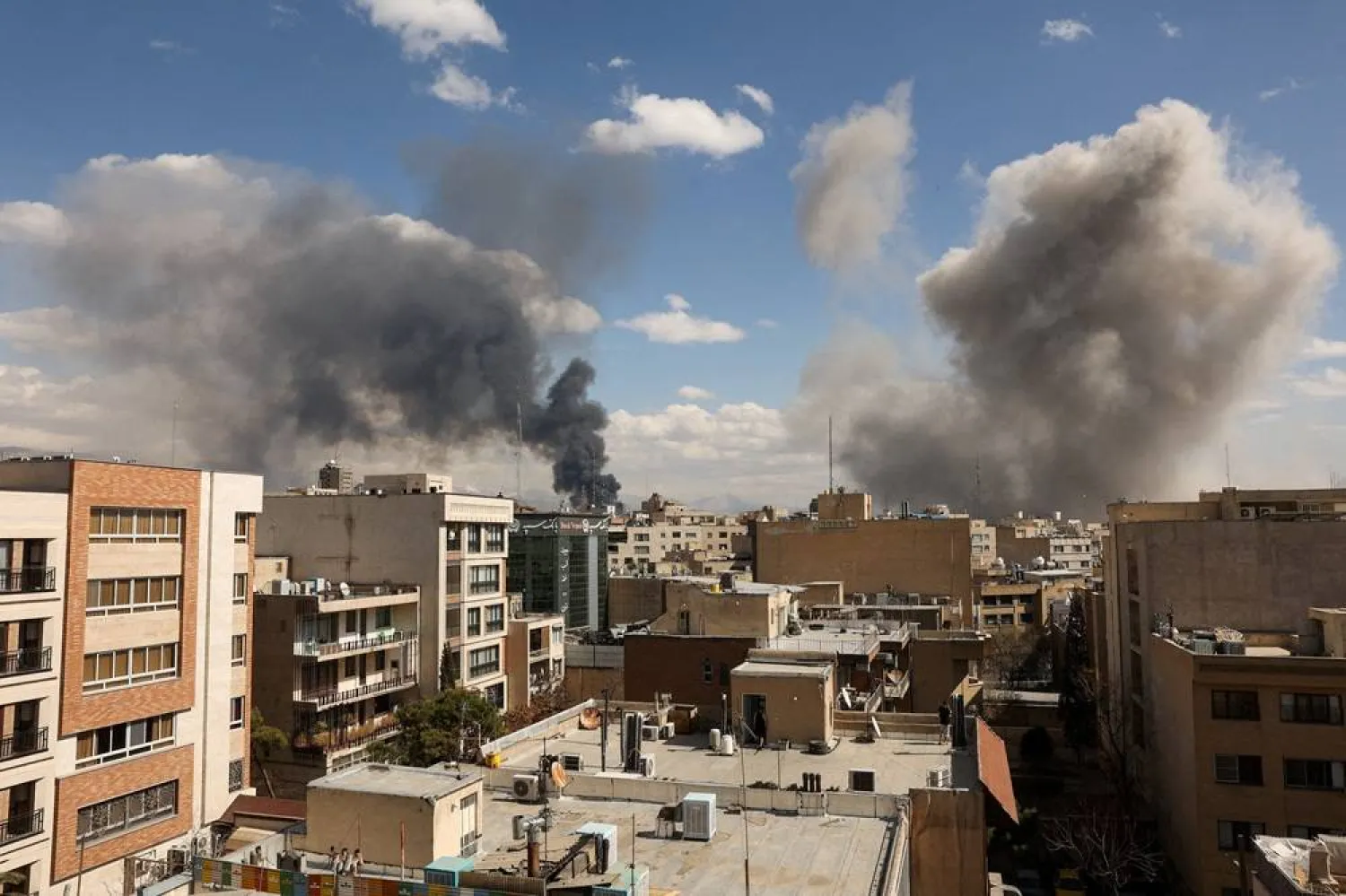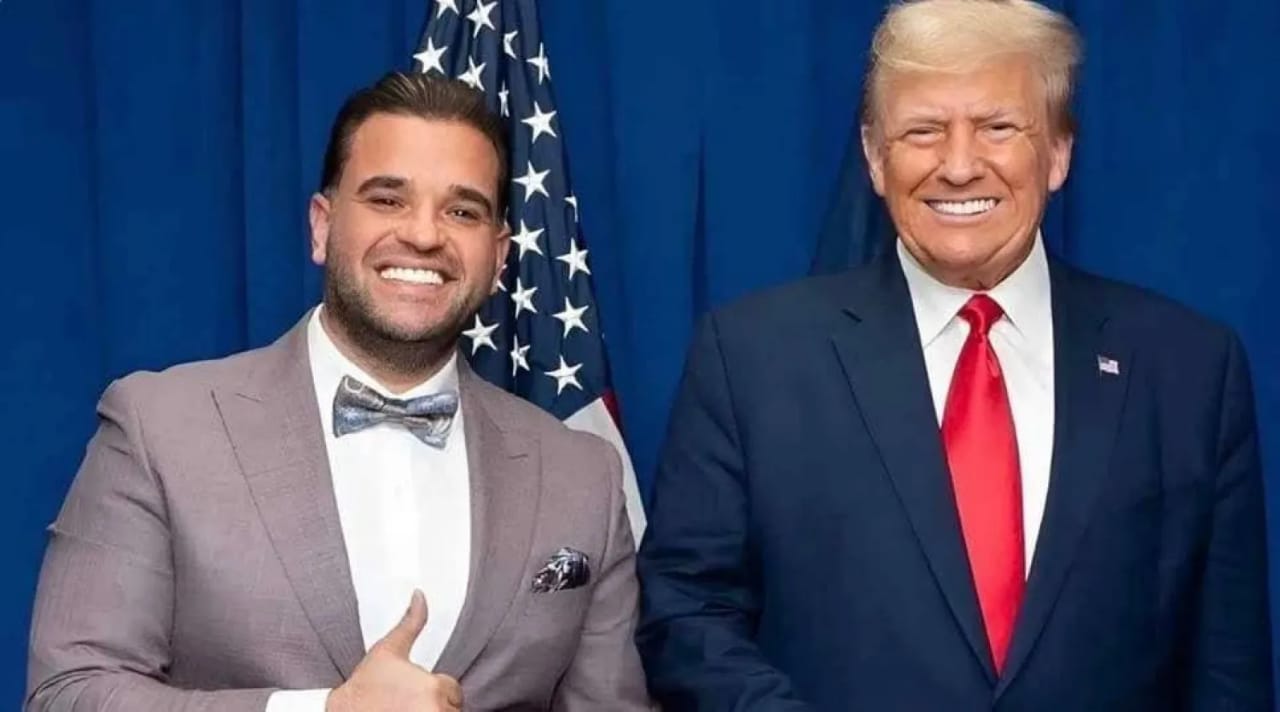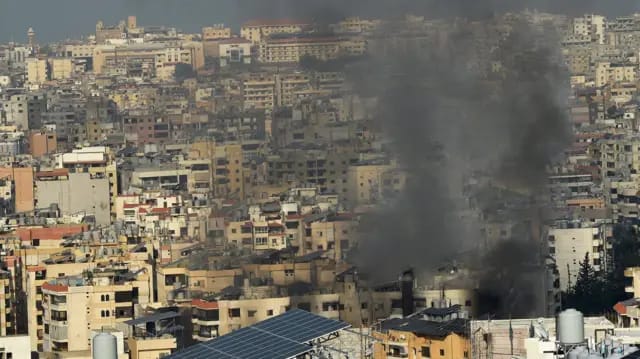Alsharq Tribune- Agencies
A visiting EU official said Friday that disbursing half a billion euros in funding to Lebanon was conditional on a banking sector restructure and reaching an agreement with the International Monetary Fund.
In May last year, the European Union announced one billion euros ($1 billion) in aid for Lebanon to help stem irregular migration to the bloc, with the assistance designed to strengthen basic services including education and health, after five years into an economic and financial crisis in the country.
The EU Commissioner for the Mediterranean Dubravka Suica on Friday said that of the allocated funds, “500 million (euros) was already adopted in August last year, and another 500 million will come soon, but there are some conditions,” according to AFP.
“The main precondition is the restructure of the banking sector... and a good agreement with the International Monetary Fund,” she told a press conference after meeting with President Joseph Aoun.
“Once these conditions are fulfilled, we will continue of course with disbursing” the funds, she added. The international community has long demanded Lebanon enact reforms to unlock billions of dollars to boost the economy after a financial crisis widely blamed on mismanagement and corruption took hold in 2019.
Lebanon last month elected a new president after a more than two-year vacuum. This month it formed a government, replacing the previous administration that had been operating in a caretaker capacity. This week, the IMF said it was open to a new loan agreement with Lebanon following discussions with its recently appointed finance minister.
Suica also said she discussed with Aoun a “new pact for the Mediterranean” which means “we will start bilateral comprehensive strategic partnership agreements with countries including Lebanon,” without providing details.
She and Aoun also discussed issues including a ceasefire in the recent war between Israel and Hezbollah, as well as Lebanon's army and the Syria crisis, she added. During her visit to Beirut, Suica also met with other senior officials, including Prime Minister Nawaf Salam and parliament Speaker Nabih Berri.
The EU is desperate for stability in the Middle East and the Mediterranean region as it hopes to avoid major flows of migrants to Europe. Lebanon says it hosts some two million Syrians, the world's highest number of refugees per capita, and has also been a launchpad for Europe-bound migrants.

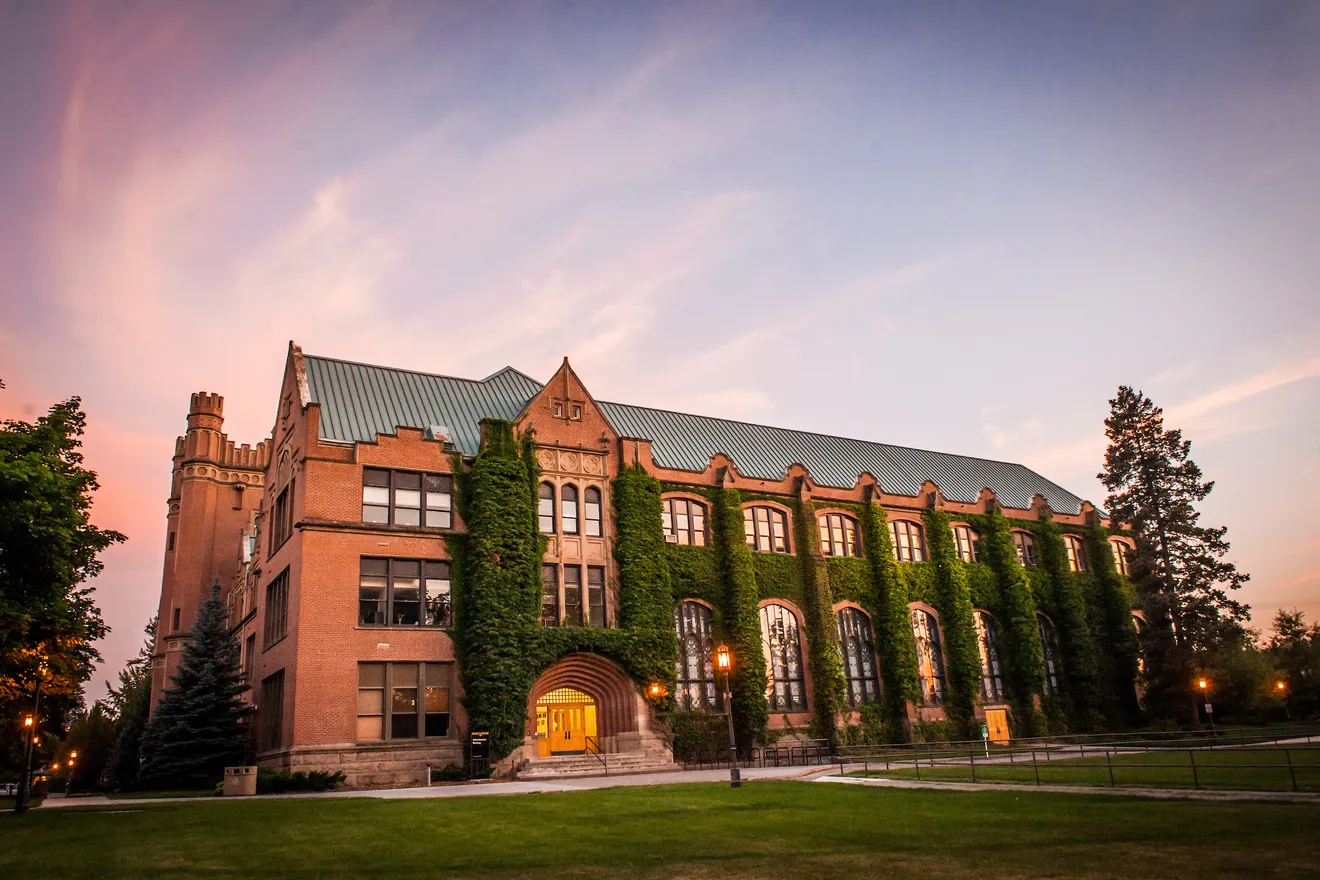


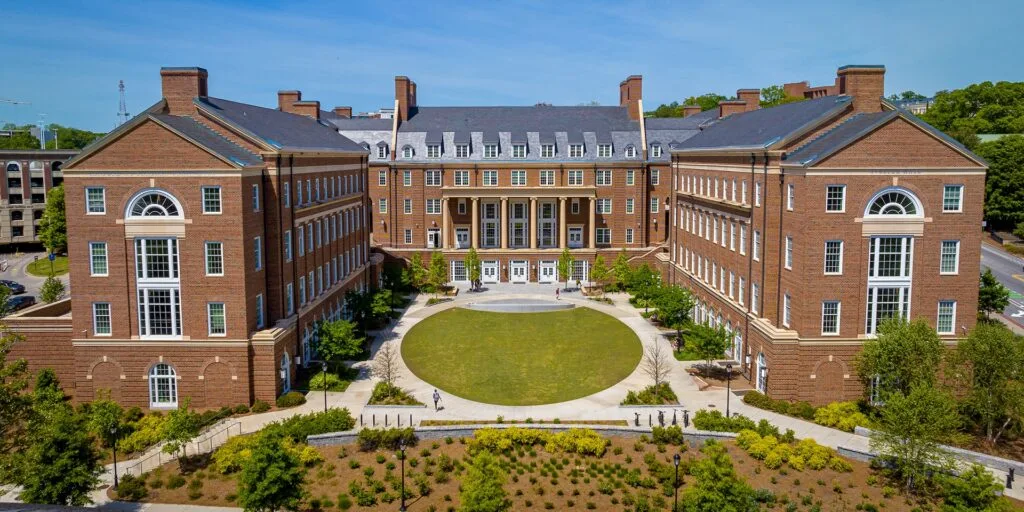
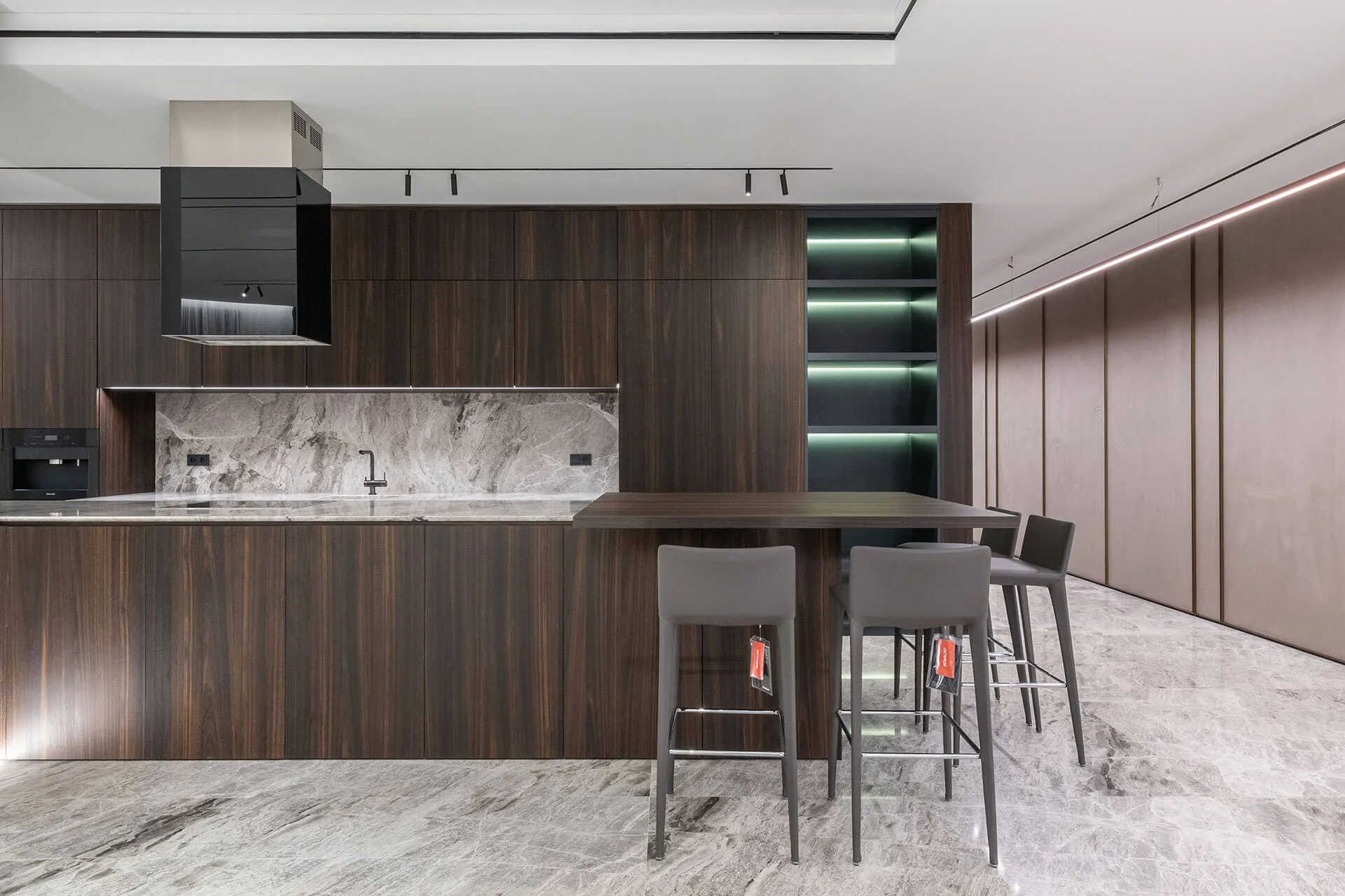


.png?locale=en)

